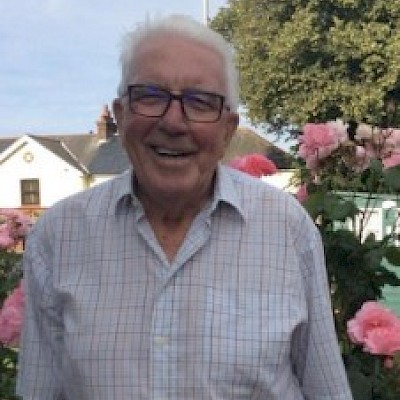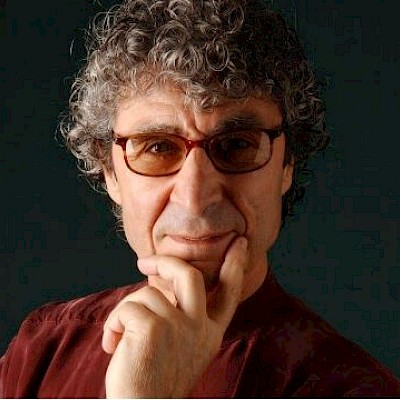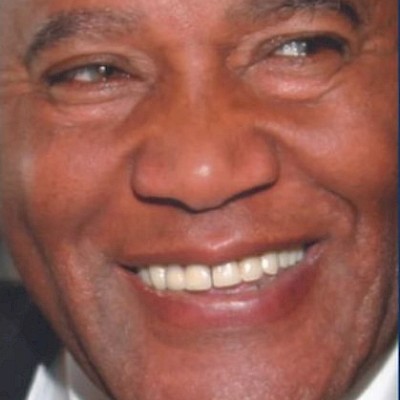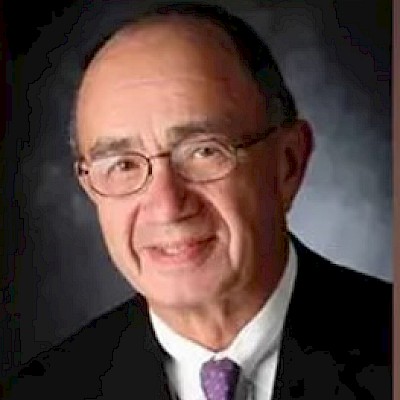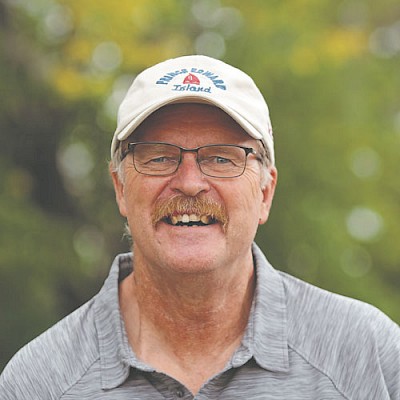
Don Dietrich
Don Dietrich, a former Brandon Wheat Kings defenceman and longtime supporter of the game in his hometown of Deloraine, has died.
He was 59.
Dietrich, who played 28 games in the National Hockey League, battled Parkinson’s disease and cancer.
On his Facebook tribute page, which was active in the weeks before his death, his son Tristan posted the news on Tuesday morning.
"We are sad to announce that Don, Dad, Dins, Beaker passed away this morning peacefully," Tristan wrote. "He fought hard till the end. The ‘I can’ in him stayed true right till the end."
Don’s immediate family also includes his wife Nadine and sons Jacob and Nick.
Dietrich, who was profiled in the Brandon Sun’s Wheat Kings alumni series in 2016, said at the time that hockey played an instrumental role in his ability to fight the health issues that plagued him in his later years.
"The game is the main reason I’m here today for sure," Dietrich said. "If I could give back a tenth of what the game’s given me … I don’t think I’ve done that. There’s a saying that you’re only as good as your last shift and a lot of those things I take with me in life. And a lot of them I learned right here in Brandon."
He skated with the Wheat Kings for three seasons from 1978 to 1981 before embarking on a 10-year pro career that included stints with the Chicago Black Hawks and New Jersey Devils.
He retired after the 1990-91 season, and the family moved back to Deloraine in 1994. He was diagnosed with Parkinson’s a year later.
His health took another turn for the worse in 1999 when doctors found an aggressive type of cancer called leiomyosarcoma. He was given six months to live, but took an experimental drug for six months and then returned to work with Canada Customs.
Two years later the cancer was back, this time in his liver, but again an experimental treatment worked.
Despite his health issues, he never stopped giving back to the game of hockey.
He worked with the Deloraine Royals senior team and the Southwest Midget AAA Cougars. And as a member of Canada’s national coach mentorship program, he developed a breakfast club that allowed young players to come out twice a week to work on skill development.
He was elected to the Manitoba Hockey Hall of Fame with the 1978-79 Wheat Kings in 2007, and Dietrich was inducted in the builders’ category in 2011.
His story was told in a 2007 book called No Guarantees, a collection of Dietrich’s memories assembled by Nadine and freelance writer Brad Bird.
Dietrich said he made $365,000 in 10 pro seasons, but the experiences his time in the game provided are priceless.
"I made a living at it, I didn’t make a fortune," Dietrich said. "But I wouldn’t change that for anything. That’s part of looking at that man in the mirror. Are you satisfied with him? Can you honestly look at him and say you did your best?
"I’d say I did."
•
Remembering Don Dietrich
Use the form below to make your memorial contribution. PRO will send a handwritten card to the family with your tribute or message included. The information you provide enables us to apply your remembrance gift exactly as you wish.

